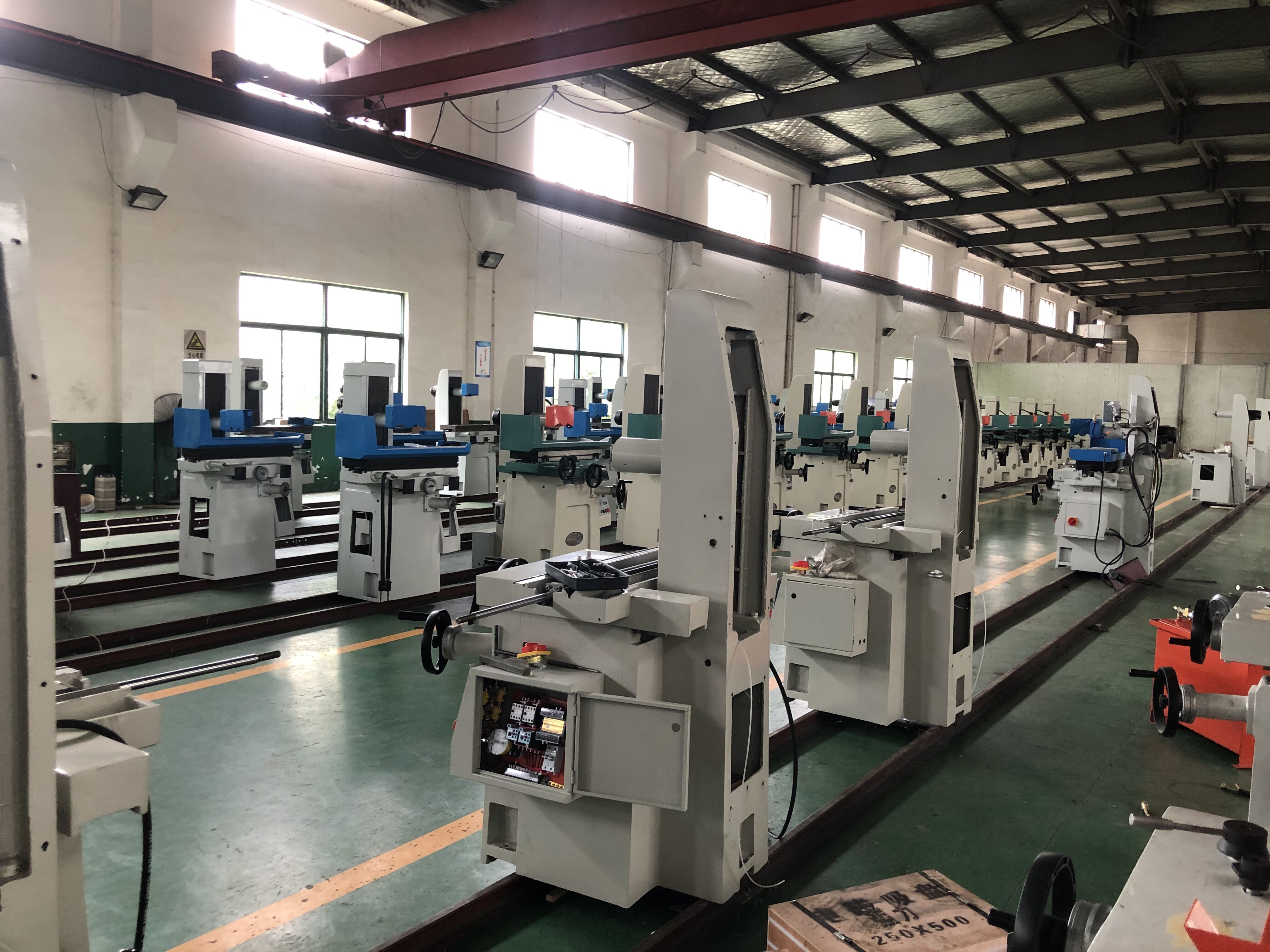cnc machining center
A CNC machining center is a versatile piece of equipment used in manufacturing for precision cutting, shaping, and drilling of metal, plastic, and other materials. At its core, this machine offers automated multi-axis control, allowing for intricate and complex part production with high accuracy. Its main functions include milling, drilling, tapping, and turning operations, all of which are guided by computer numerical control software. Technological features include rigid construction for stability, a precision spindle for accuracy, and a variety of tools that can be automatically changed by the machine. Applications span across various industries such as automotive, aerospace, and medical, where high precision and reliability are critical. With the ability to produce parts quickly and consistently, a CNC machining center is an indispensable tool for modern manufacturing.
